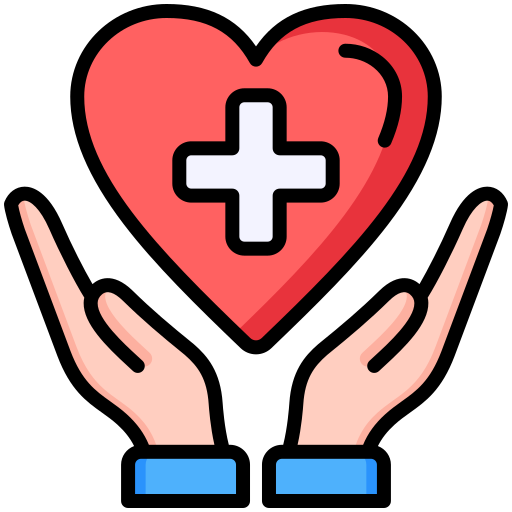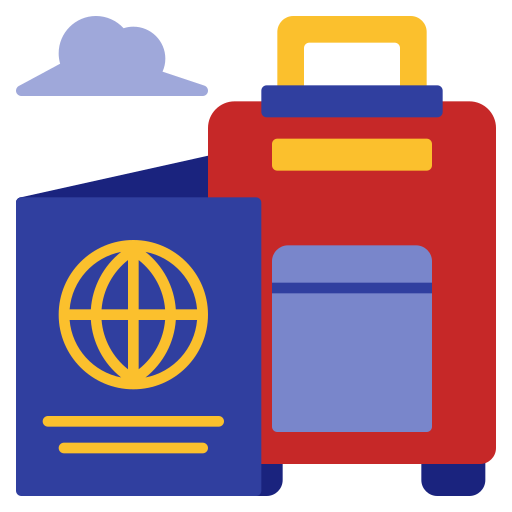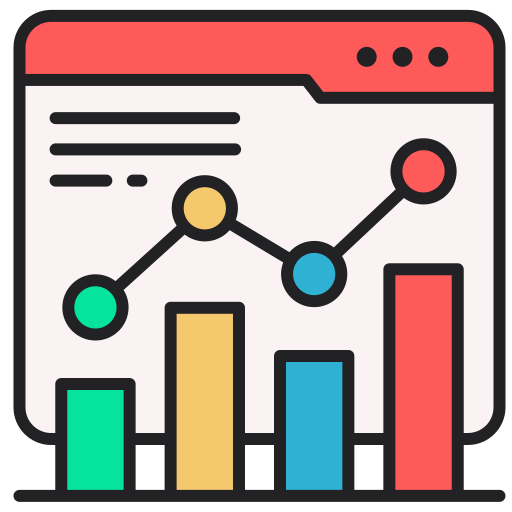Health Insurance Checklist
Get the Best Insurance Plan that fits for your Need

Get a Quote for Health Insurance
Overview of Health Insurance
The rapid surge in lifestyle diseases and skyrocketing medical expenses have made investing in health insurance today critical. A comprehensive medical insurance plan provides financial security to policyholders and their family members. It facilitates access to the best healthcare facilities during times of medical emergency.
However, the market is flooded with hundreds of insurance providers and policies. It is highly confusing for people, especially first-time buyers, to select the right plan for their needs. A health insurance checklist comes in handy to help you pick the most optimal policy offering maximum benefits at a reasonable price.
Checklist Before Buying Health Insurance
The following health insurance checklist will help you buy the right plan aligned with your requirements.
Type of Policy
This is one of the most important factors to be considered before buying health insurance. There are several variants of health insurance plans in the market. You must select the most appropriate for your situation and requirements.
If you are single, an individual health insurance policy is sufficient. But you may need a family floater plan if you have dependent family members. This plan covers the entire family under a single policy. Elderly people must buy a separate senior citizen’s plan to cater to their special healthcare needs.
Sum Insured Amount
The insured amount of the policy is the maximum limit to which the insurer is ready to pay for your claims in a year. A higher sum insured offers superior coverage but also attracts a higher premium. Although a lower sum insured policy is cheaper, it may not offer adequate coverage to you and your family.
It is important to strike a fine balance between insurance coverage and premiums to select a suitable plan that is sufficient and affordable to you.
Covers and Exclusions
This is an important part of the medical insurance checklist. The scope of coverage indicates the benefits you can claim on the health insurance plan. It is essential to know what the policy covers and does not cover. Buying a cheap policy with many exclusions serves little purpose, as you cannot claim many benefits.
You need to check whether the policy covers essential benefits such as pre & post-hospitalization expenses, OPD charges, daycare procedures, maternity coverage, etc. Most policies offer a separate add-on cover for specific benefits by charging an extra premium.
Waiting Period
The waiting period in medical insurance refers to the time policyholders must wait to make a claim. This typically applies to pre-existing health conditions, i.e., diseases that exist before purchasing health insurance. The waiting period can range between a few months to a couple of years, based on the insurer and the type of policy. Selecting a health insurance plan with a minimal waiting period is highly beneficial. This ensures that you need not wait long to claim insurance benefits.
Deductibles & Copayments
The insurance company imposes certain restrictions in the form of deductibles and copayments. These features demand policyholders to pay some medical bills out of their pocket. Policies with higher deductibles or copayments tend to attract lower premiums. However, the policyholders are forced to cover some of the medical expenses alone. It is recommended to read the policy document to know the extent of deductibles and copayments, if any.
Sub-limits
The insurance company may set a limit or a cap on various expense heads under the overall sum insured amount. This is known as a sub-limit. For example, if the sub-limit for room rent is AED 500 per day and the actual room rent is AED 800 per day, the policyholder must pay the extra AED 300 per day.
Choosing a policy with no sub-limits is advisable to avoid payment hassles at the time of claim. Please check the clauses related to sub-limits in the policy document.
No Claim Bonus
A no-claim bonus in health insurance (NCB) is a reward given by the insurance company to policyholders who do not make any claim during the policy period. This is generally in the form of a premium discount or higher insurance coverage for the subsequent period. This motivates policyholders to take good care of their health and avoid making claims as much as possible. Check the policy document to know whether NCB is available, the percentage of bonus, and the associated terms & conditions.
Network Hospitals
An insurance company agrees with several healthcare providers nationwide to form a network. Policyholders can claim cashless treatment only at hospitals part of this network. The medical bill is paid directly by the insurer to the concerned hospital. In non-network hospitals, they need to pay bills and later claim reimbursement from the insurer. Select an insurance company with a good network of hospitals to avail cashless treatment anywhere without much difficulty.
Grace Period
You may forget to renew your health insurance before the due date. Instead of cancelling the policy upfront, the insurer may offer you a grace period of 15-30 days to pay the premium and renew the policy. This ensures that you do not lose out on insurance benefits. Check whether the policy offers a grace period and the number of days. This can be useful when you miss the renewal due date.
Preventive Health Checkups
This feature includes medical examinations and screenings to detect potential health problems in advance. Some policies provide a free medical checkup to their policyholders every year. It’s a win-win situation as both parties can benefit by taking suitable preventive measures.
Read the terms & conditions of the policy to know the specific details of preventive health checkups.
A comprehensive health insurance checklist in the UAE should contain most of the above mentioned items. This ensures that policyholders get the best deal when purchasing medical insurance.
Types Of Health Insurance in the UAE
The major types of health insurance policies in the UAE are:
Individual Health Insurance
An individual health policy covers the medical treatment expenses for a single person only. The policyholder can either avail of cashless treatment at network hospitals or get reimbursement for treatment at other hospitals.
Family Floater Health Insurance
It can be quite expensive to buy a separate policy for every family member. A family floater plan covers the entire family of a policyholder under a single policy. These plans are affordable and offer comprehensive coverage.
Group Health Insurance
Employers offer group health insurance coverage to all their employees. This policy protects the employees and their dependent family members. It is mandatory for employers in Dubai & Abu Dhabi to offer group health insurance. The benefit is available to employees till they are employed by a company.
Senior Citizen’s Health Insurance
Elderly people have several health issues and often require special medical care due to their advanced age. Senior citizen’s health insurance is designed to meet their requirements. This policy is relatively more expensive due to higher risk factors.
Benefits of Buying Health Insurance
Health insurance offers the following benefits to policyholders
Health insurance provides financial security to policyholders. It protects them from financial hardships due to expensive healthcare services.
Policyholders enjoy peace of mind as their families are fully protected against medical emergencies.
Comprehensive health insurance provides coverage for everything from routine medical checkups to complex surgeries.
Inpatient treatment covers the hospitalisation expenses for treating any disease or bodily injuries. This benefit is available if the patient stays in the hospital for at least 24 hours.
Health insurance also covers pre & post-hospitalization expenses such as laboratory procedures, ambulance services, therapy, and medicine.
Coverage for OPD expenses and daycare treatments allows patients to avail of insurance benefits without hospitalisation.
Critical illness insurance offers a fixed lump sum payout to policyholders immediately after the disease is diagnosed.
Chronic diseases that require long-term care amid rising expenses can be covered under health insurance.
The cashless treatment facility in health insurance avoids the need to pay medical bills during hospitalisation.
Frequently Asked Questions about Health Insurance Checklist
There are several insurance companies offering numerous health insurance plans. The features & benefits of these plans can be different. A health insurance checklist acts as a ready reckoner to help you select the right policy based on your needs.
A medical insurance checklist helps to list your current requirements and expectations based on your specific situation. This list can be compared with the policy features, benefits, and terms & conditions to buy the most suitable plan that meets your budget and needs.
There is no restriction on the number of medical claims you can make during the policy year. However, the amount cannot exceed the policy sum insured.
Disclaimer:
Health insurance checklist may have limitations, exclusions, and other terms and conditions that may affect coverage. It is important to carefully review the policy wording before making any decision.






